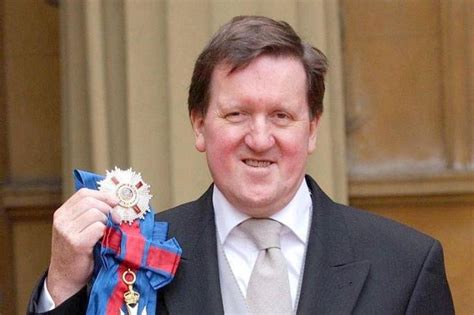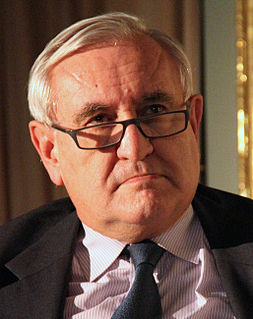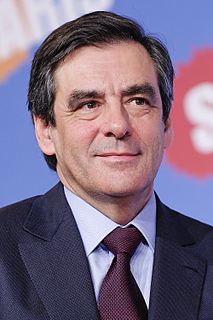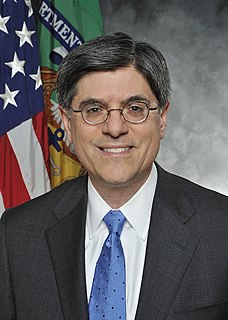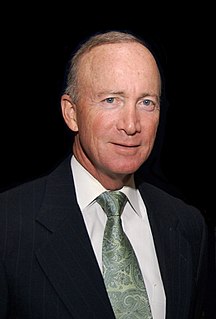A Quote by Gerhard Schroder
Our future begins on January 1 1999. The euro is Europe's key to the 21st century. The era of solo national fiscal and economic policy is over.
Related Quotes
I'm not trying to be diplomatic. I'm trying to be more nuanced and realistic. I think there has to be a serious examination of the shortcomings of the Euro structure. Euro central institutions, whether it be fiscal policy, monetary policy, financial regulation, are simply not as robust as they are in a currency that has a national government behind it.
Thanks to the leadership of Vice President Gore, we have a government for the Information Age, once again a government that is a progressive instrument of the common good, rooted in our oldest values of opportunity, responsibility and community, devoted to fiscal responsibility, determined to give our people the tools they need to make the most of their own lives in the 21st century, a 21st century government for 21st century America.
Public education is the key civil rights issue of the 21st century. Our nation's knowledge-based economy demands that we provide young people from all backgrounds and circumstances with the education and skills necessary to become knowledge workers. If we don't, we run the risk of creating an even larger gap between the middle class and the poor. This gap threatens our democracy, our society and the economic future of America.
The Federated Republic of Europe-the United States of Europe-that is what must be. National autonomy no longer suffices. Economic evolution demands the abolition of national frontiers. If Europe is to remain split into national groups, then Imperialism will recommence its work. Only a Federated Republic of Europe can give peace to the world.




